Read or listen offline
Amazon KindleRecommendation
This masterly book summarizes a prodigious amount of research about the workings of the brain. Author Patricia Smith Churchland introduces the basics of neuroscience to the realm of philosophy. She says that present scientific knowledge about the brain makes it implausible that there is any such thing as an immaterial mind or soul. A committed materialist (although she does not make the case for materialism), she puts a mass of incomplete scientific evidence before you and says that more scientific evidence will emerge over the next decade or so to complete the picture and solidify the case. She does not do justice to contrary views, which she introduces as straw men, easily knocked down. That said, getAbstract finds that Churchland provides a valuable, highly readable discussion of the challenges neuroscience presents to philosophy. She makes it clear that any philosophy of consciousness must be informed by knowledge of the brain.
Summary
About the Author
Patricia Smith Churchland is chair of the philosophy department and a professor of philosophy at the University of California, San Diego, and an adjunct professor at the Salk Institute. She is the author of Neurophilosophy: Towards a Unified Understanding of the Mind-Brain, and co-author of On the Contrary and The Computational Brain.









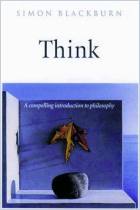
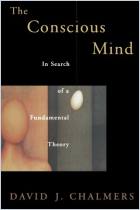
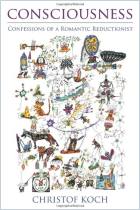
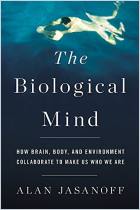
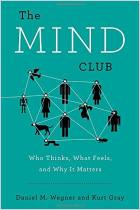
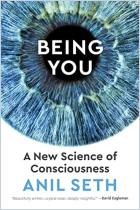
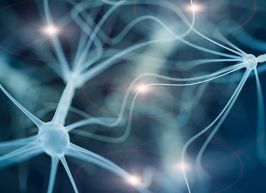

Comment on this summary or Comenzar discusión